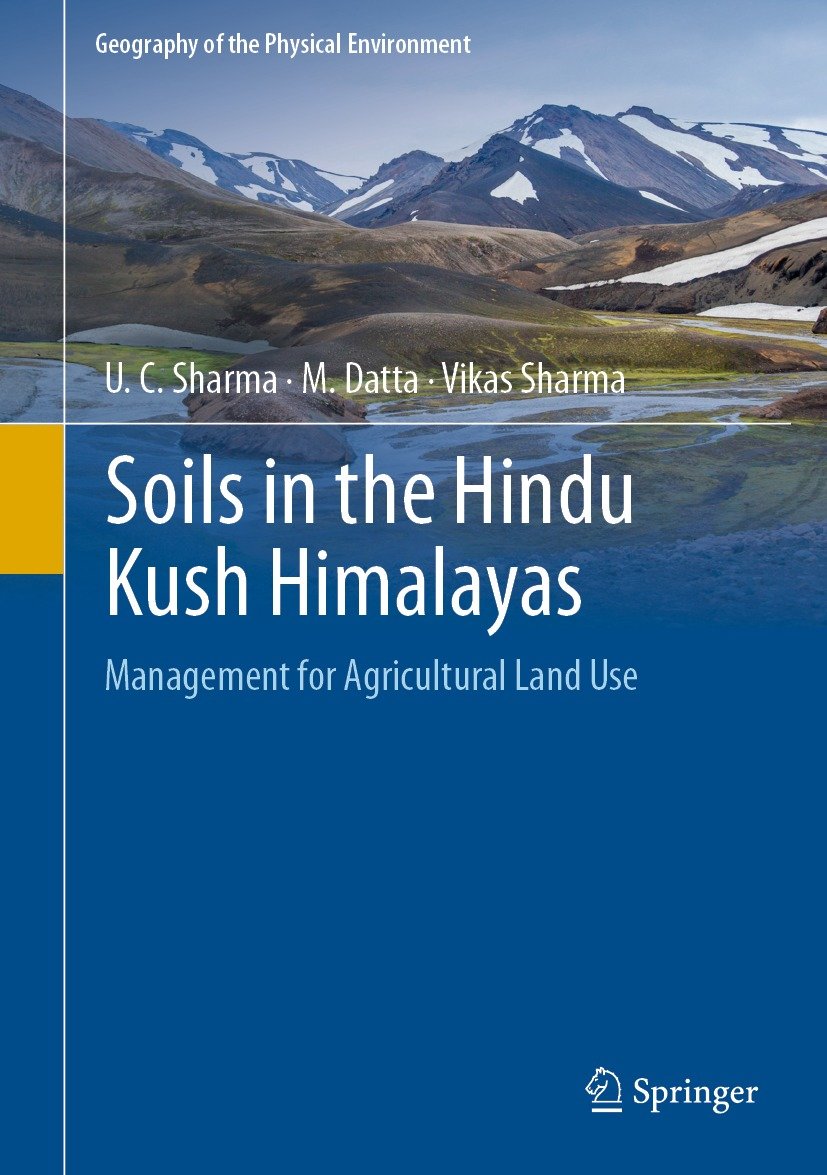This book focuses on the nature and properties of soils of Hindu Kush-Himalayas and their management for agricultural land use. It discusses all aspects of climatic variations and potential of resources in the Himalayan region including examples from Afghanistan, Bangladesh, Bhutan, China (Tibet), India, Myanmar, Nepal and Pakistan. Chapters cover the geology of the parent material of native soils, soils microbes, flora and fauna. Soil classification has been given in detail to better understand the nature of soils for judicious management strategies. The authors present land use practices and suggestions for changes in land use to benefit from the full potential of the soils in this region. Their ultimate aim is to find ways of feeding the ever-increasing population and raising the standard of life for the people living in the Himalayan mountain region.


